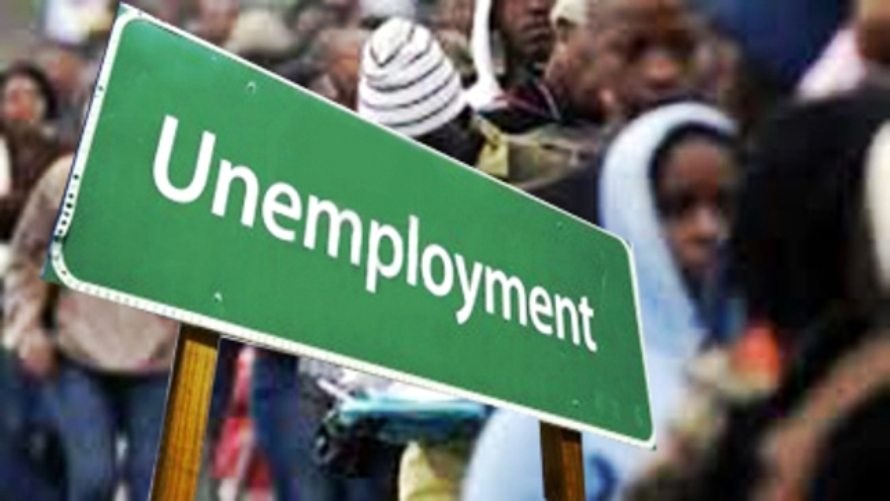Article summary
- Centre for Social Justice (CSJ) says the NBS has a duty to provide up-to-date information to policymakers, taxpayers and the public.
- They warn Nigeria’s last unemployment data was released by the NBS in the fourth quarter of 2020. Adding that since then, there has been a glaring absence of updated information,
- Nigeria’s unemployment rate is expected to rise to 40.6% in 2023, according to a report by KPMG.
The Centre for Social Justice (CSJ), an advocate for fiscal transparency, accountability and evidence driven policy making and implementation, has urged the National Bureau of Statistics (NBS) to compile and release the current unemployment data for the country.
They warned that Nigeria’s last unemployment data was released by the NBS in the fourth quarter of 2020, warning that since there has been a glaring absence of updated information, an act they consider a dereliction of duty.
This was disclosed in a statement by signed by its Eze Onyekpere, its Lead Director viewed by Nairametrics.
Why NBS must compile
The Centre for Social Justice (CSJ) said it strongly urges the National Bureau of Statistics (NBS) to compile and release the current unemployment data for the country, adding:
- “As the institution responsible for producing official statistics crucial for economic growth and development, the NBS has a duty to provide up-to-date information to policymakers, taxpayers and the public.
- “Nigeria’s last unemployment data was released by the NBS in the fourth quarter of 2020. However, since then, there has been a glaring absence of updated information, which we consider a dereliction of duty. CSJ emphasizes the urgency for the NBS to release the quarterly and yearly employment data for 2021, 2022, and 2023 without further delay.”
Present stats
They added that in the fourth quarter of 2020, Nigeria’s unemployment rate reached a distressing record high of 33.3%, a significant increase from the 27.1% recorded in the second quarter of the same year.
- “NBS reported that during that period, a staggering 23.18 million individuals in Nigeria either remained unemployed or worked less than 20 hours per week, rendering them jobless.
- “The combination of unemployment and underemployment led to a concerning figure of 56.1% for the reference period, signifying the immense challenges faced by Nigerians in finding suitable and adequate employment that provides a living wage.”
Present projections
The statement revealed that alarming projections from KPMG further amplify the urgency of the situation, adding:
- “The latest figures indicate that Nigeria’s unemployment rate is predicted to rise to 40.6% in 2023, compared to 37.7% in 2022.
- “ KPMG’s International Global Economic Outlook report – H1 2023 explains that factors such as limited private sector investment, low industrialization, slower-than-required economic growth, and the inability of the economy to absorb new entrants into the job market contributing to this worrisome trend.
The group noted that that timely access to accurate data and information is vital for formulating effective policies and interventions to address the pressing unemployment crisis in the country.
- “Failure to release this critical data only serves to hinder progress and exacerbate the challenges faced by Nigerian citizens.”
What you should know
Nairametrics reported recently that Nigeria’s unemployment rate is expected to rise to 40.6% in 2023, according to a report by KPMG. This is attributed to limited investment by the private sector, low industrialization, and slower economic growth.
Nigeria’s slow economic growth is driven by the non-oil sector, while the oil sector has contracted due to challenges such as oil theft, pipeline vandalization, and underinvestment. The report estimates a GDP growth rate of 3% in 2023, influenced by the slowdown in economic activity during periods of political transition.
The high inflation environment in Nigeria has persisted, with projections of at least 20% in 2023. The Central Bank of Nigeria has raised the Monetary Policy Rate (MPR) and Cash Reserve Ratio (CRR) to combat inflation, but structural and policy issues continue to impact inflation levels negatively.

























